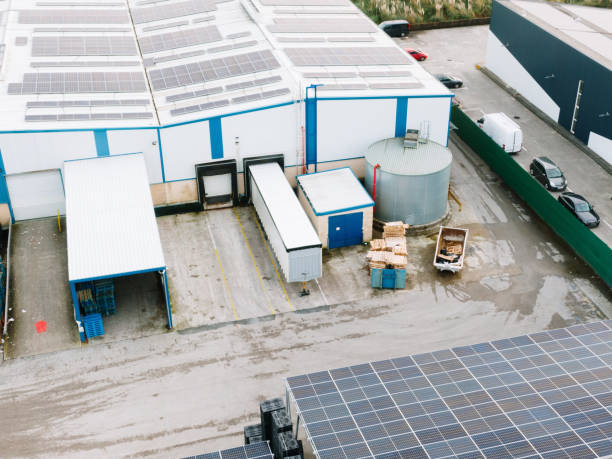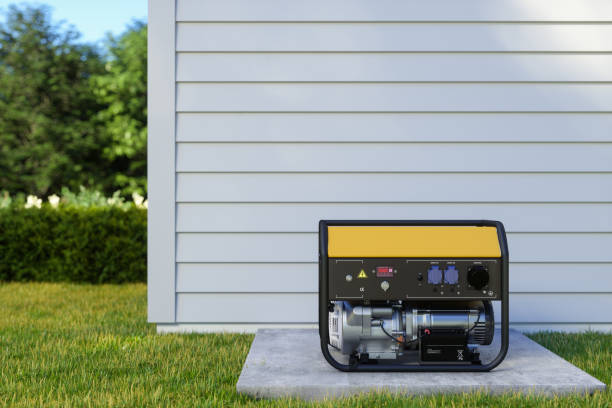As extreme weather events and wildfires become increasingly common, many Americans are now facing frequent power outages, especially during the peak of hurricane season. This growing concern is prompting homeowners to consider backup power storage systems to maintain electricity during disruptions.
Benjamin R. Dierker, Executive Director of the Alliance for Innovation and Infrastructure, emphasizes that the decision to invest in backup power should be influenced by regional climate risks and local infrastructure.
Coastal areas need to assess the resilience of storm barriers and drainage systems, while regions prone to severe storms, high winds, or ice may benefit from backup solutions that mitigate risks from falling trees and downed power lines.
The National Centers for Environmental Information reports that 23 climate-related disaster events in the U.S. this year have each resulted in losses exceeding $1 billion, underscoring the urgency of preparedness.
Consumers have several options for home backup power. Portable generators, which run on fossil fuels like gasoline or diesel, are cost-effective for short-term needs but can be noisy and require refueling.

For longer-term outages, whole-home standby generators, fueled by propane or natural gas, offer a more robust solution, though they come with a higher price tag, often ranging from $3,000 to $5,000 plus installation.
Battery-powered backups are gaining popularity for their environmental benefits and quieter operation. While smaller batteries are suitable for brief outages, whole-home battery systems—costing between $10,000 and $20,000—can provide extended power, particularly when combined with solar panels. The Inflation Reduction Act offers a 30% tax credit for battery storage installations, enhancing their affordability.
Electric vehicles (EVs) also present a novel backup power solution. For instance, Ford’s F-150 Lightning can power a home for up to 10 days, showcasing the potential for EVs to serve as emergency power sources.
Additionally, integrating home solar panels with battery storage systems is emerging as a cost-effective long-term solution, with potential savings from reduced energy bills and available incentives.
As climate-related power outages become more frequent, exploring these backup power options is becoming an essential consideration for homeowners seeking resilience in an unpredictable climate.

